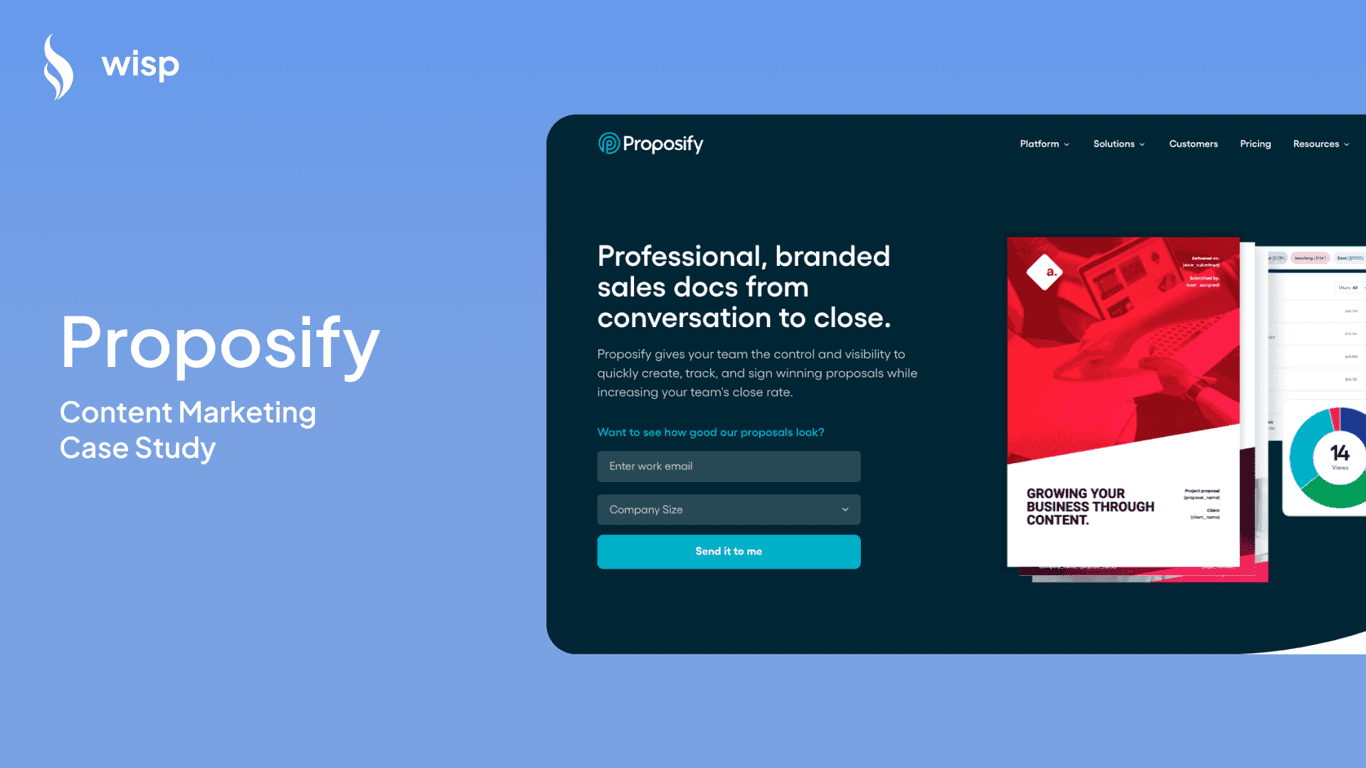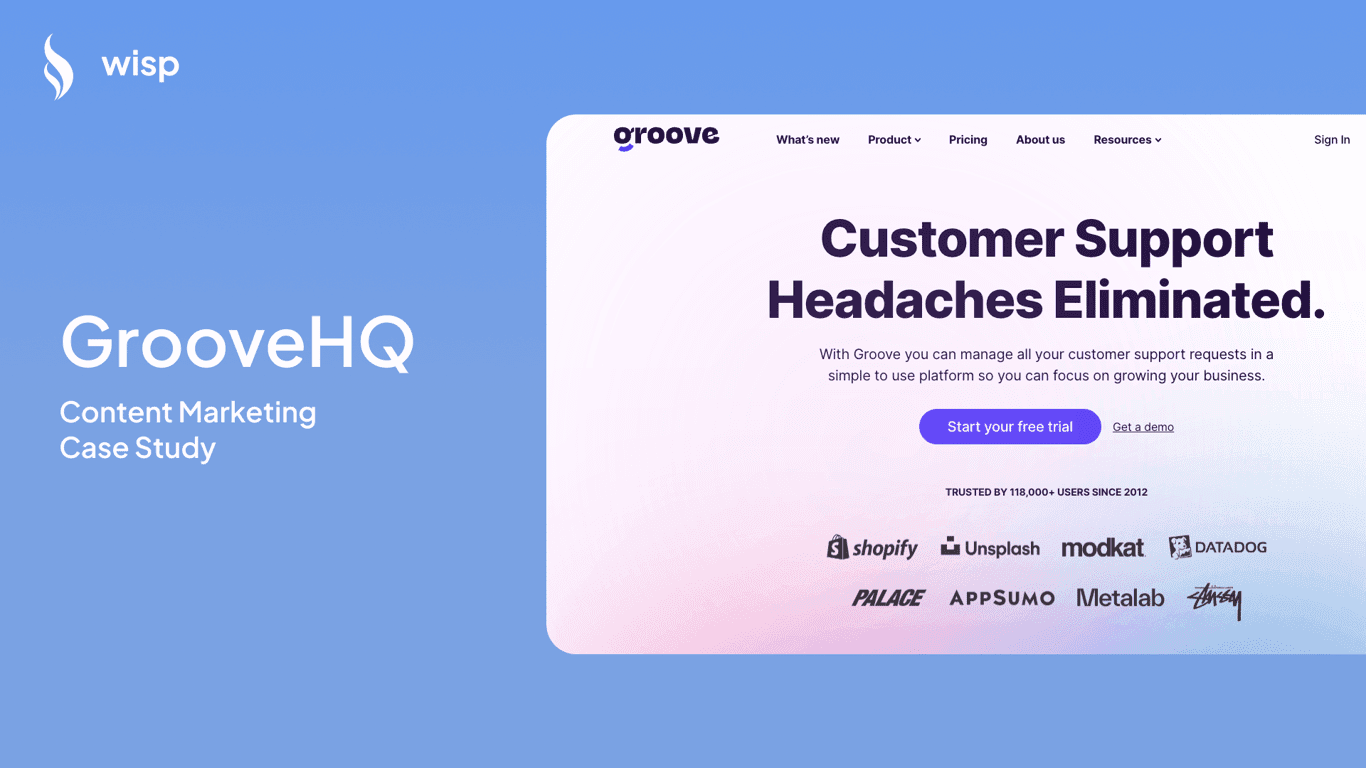
TLDR;
Baremetrics, a SaaS analytics and metrics platform, leveraged a unique content marketing strategy centered on radical transparency to compete effectively in the market.
Core product: SaaS analytics and metrics platform
Audience: SaaS companies, startups
Buying persona: Founders, CEOs, CFOs of SaaS companies
Key strategy: Build-in-public blog posts, Live metrics dashboards, Spreadsheet templates
Key Strategy
Baremetrics, founded by Josh Pigford, took content marketing to a new level with its radical transparency approach. The company's content strategy revolved around openly sharing its own metrics, financials, and business decisions, effectively using itself as a case study for its product.

The cornerstone of Baremetrics' content strategy was its public dashboard (now defunct post-acquisition from Xenon), which displayed the company's real-time revenue metrics for anyone to see. This bold move not only demonstrated confidence in their product but also provided a tangible example of the value Baremetrics could offer to potential customers.
Pigford complemented this with regular blog posts that shares the company's growth strategies, challenges, and lessons learned. These posts covered a wide range of topics relevant to SaaS founders, from pricing strategies to customer churn analysis. The content was data-driven, actionable, and often included step-by-step guides that readers could immediately apply to their own businesses.
This transparency-focused content strategy served multiple purposes:
First, it built trust with potential customers by showing that Baremetrics was willing to "eat its own dog food."
Second, it positioned the company as a thought leader in the SaaS metrics space, attracting attention from industry publications and influencers.
Third, it provided a constant stream of real-world examples that the sales team could use in their pitches.
Baremetrics also leveraged its content to create tools and resources that added value beyond their core product. For example, they developed a free "Startup Financial Model" spreadsheet that became widely shared in the startup community, driving significant traffic and leads back to their site.
The company's commitment to transparency extended to sharing details about its acquisition process when it was purchased by Xenon Partners in 2020. This final act of openness further cemented Baremetrics' reputation and provided valuable insights for other founders considering similar exits.
By using content to showcase their product, share valuable insights, and maintain radical transparency, Baremetrics was able to differentiate itself in the competitive SaaS analytics market. This strategy not only drove customer acquisition but also opened doors to partnerships, investment opportunities, and ultimately, a successful exit.
Top Performing Content
Page | Estimated Monthly Visits (US Only) |
|---|---|
How to Calculate Customer Lifetime Value (LTV) and Increase Customer Value | 11.8k |
7.9k | |
6.6k | |
5.7k | |
3.5k | |
How to Handle Competition in Business: 7 Tips to Beat Competition | 3.3k |
2.6k | |
What is a Chief Technical Officer? A CTO’s Career, Job Duties, Salary, and More | 2k |
Key Takeaways
Radical transparency can be a powerful differentiator in content marketing, especially for SaaS companies.
Using your own company as a case study can build trust and demonstrate product value effectively.
Creating free, value-added tools and resources can drive significant traffic and leads.
Data-driven, actionable content that addresses specific pain points of the target audience tends to perform well.
Consistently sharing insights, challenges, and lessons learned can position a company as a thought leader in its industry.
A mix of educational content (how-to guides, definitions) and strategic insights can cater to different segments of the target audience, from those seeking basic knowledge to those looking for advanced strategies.


